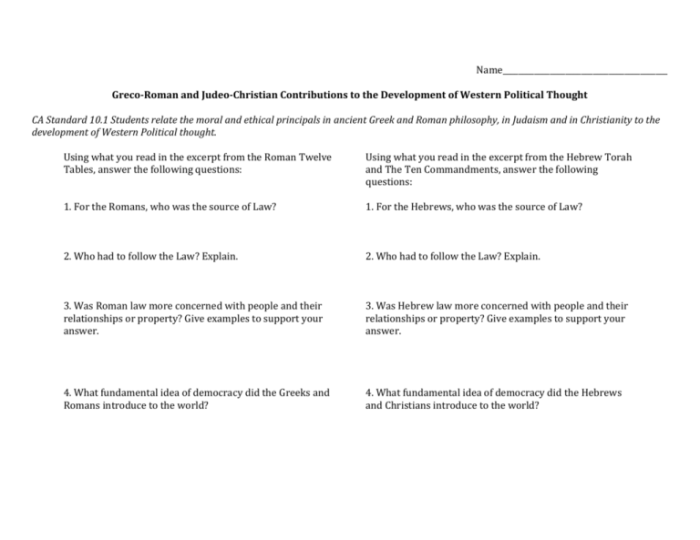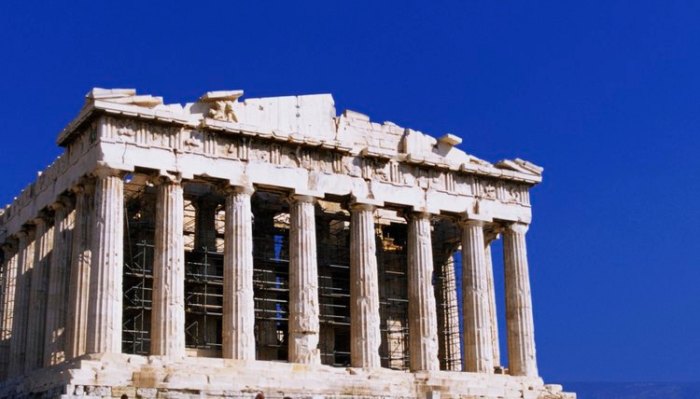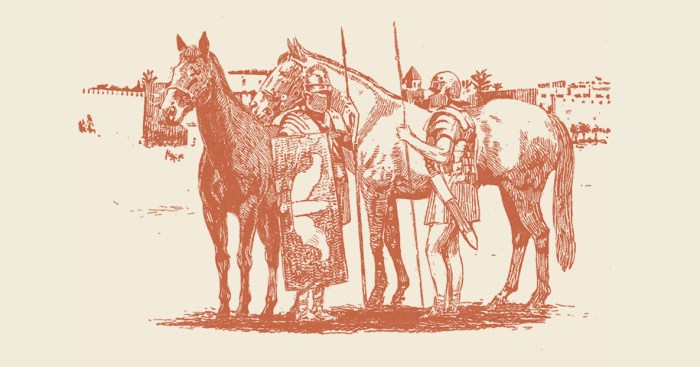Greco roman and judeo christian traditions share an emphasis on – Greco-Roman and Judeo-Christian traditions share an emphasis on monotheism, ethical principles, literary themes, and historical connections. This shared emphasis has shaped Western civilization and continues to influence religious, cultural, and ethical values today.
The following discussion explores the similarities and differences between these two influential traditions, providing insights into their shared beliefs, practices, and impact on human history.
Greco-Roman and Judeo-Christian Traditions: Shared Emphasis on Monotheism: Greco Roman And Judeo Christian Traditions Share An Emphasis On

Greco-Roman and Judeo-Christian traditions share a fundamental belief in one supreme God, a concept known as monotheism. This shared emphasis on monotheism has had a profound impact on the religious practices, ethical values, and artistic expressions of both traditions.
Religious Beliefs and Practices, Greco roman and judeo christian traditions share an emphasis on
- Monotheism:Both traditions believe in a single, all-powerful God who created the universe and everything in it.
- Divine Creator:Greco-Roman mythology features Zeus as the king of the gods, while the Judeo-Christian tradition emphasizes the role of God as the creator and sustainer of life.
- Prophets and Holy Figures:Both traditions recognize the importance of prophets and holy figures who serve as intermediaries between God and humanity. Examples include Moses in the Judeo-Christian tradition and the oracles in the Greco-Roman tradition.
Ethical and Moral Values
- Shared Ethical Principles:Both traditions emphasize ethical principles such as justice, righteousness, and compassion.
- Influence on Conduct:These values have guided the social and personal conduct of individuals within both traditions.
- Justice and Forgiveness:Greco-Roman tradition places a strong emphasis on justice, while the Judeo-Christian tradition emphasizes the importance of forgiveness and reconciliation.
Literary and Artistic Traditions
- Common Themes and Motifs:Both traditions share common themes such as creation, redemption, and the struggle between good and evil.
- Influence of Religious Beliefs:Religious beliefs have influenced the development of artistic styles, such as the use of symbolism and allegory.
- Use of Symbolism and Allegory:Greco-Roman art often employs symbolism, such as the eagle representing Zeus, while the Judeo-Christian tradition uses allegory, such as the parable of the Prodigal Son.
Historical Connections and Interactions
- Historical Events:The Roman Empire played a significant role in the spread of Christianity, as Roman roads and administrative structures facilitated the movement of missionaries and ideas.
- Influence of Greek Philosophy:Greek philosophy, particularly the works of Plato and Aristotle, had a profound influence on the development of Christian theology.
- Role of the Roman Empire:The Roman Empire provided a common language (Latin) and legal framework that facilitated the dissemination of Christian ideas throughout the Mediterranean region.
Common Queries
What are the key similarities between Greco-Roman and Judeo-Christian traditions?
Both traditions emphasize monotheism, ethical principles, and the importance of religious rituals and ceremonies.
How have Greco-Roman and Judeo-Christian traditions influenced Western civilization?
These traditions have shaped religious beliefs, ethical values, literary themes, and artistic styles, leaving a lasting impact on Western culture and society.


